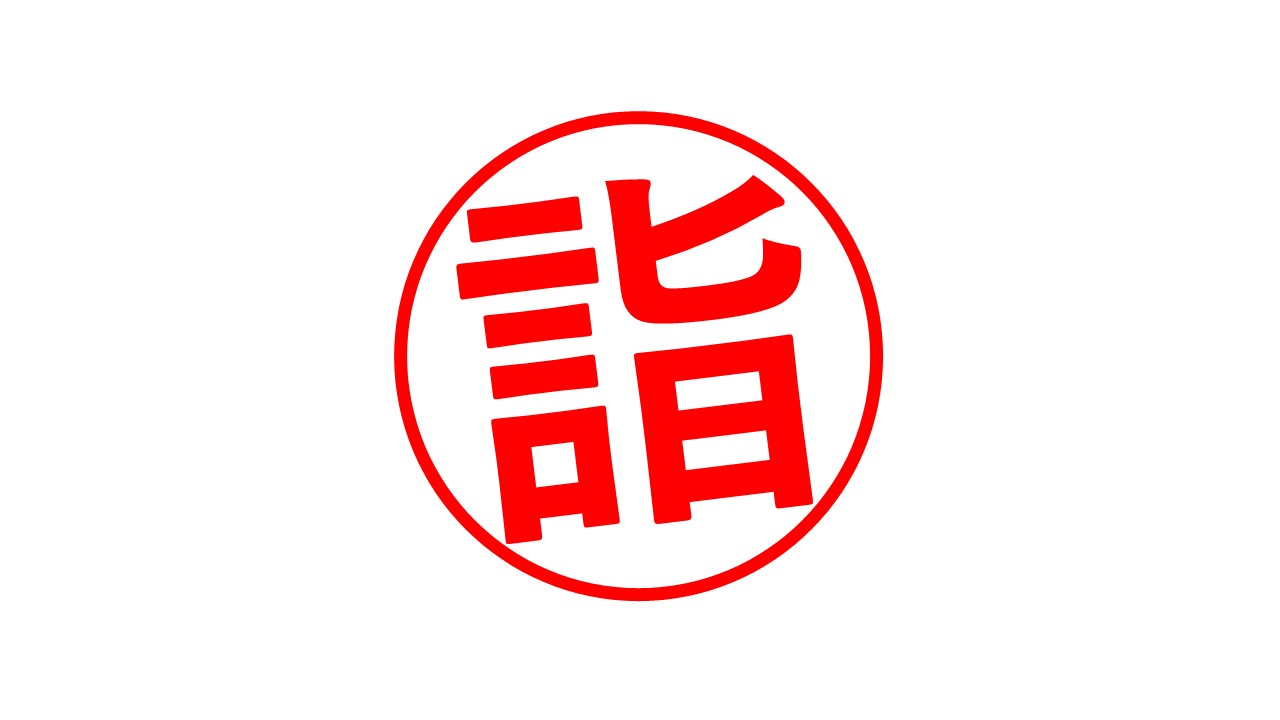I often hear that one of the things that surprise people who visit Japan is that Japanese streets are so clean even if they don’t have trash bins in the street.
日本の街にはごみ箱があまり設置されていないのに、道がきれいだと驚く海外の人が多いと聞きました。
It’s my personal opinion, but I think Shinto, the Japanese indigenous faith, greatly influences Japanese behavior.
私の個人的見解ですが、神道が大きく関係していると思います。
Purity and cleanliness lie at the heart of Shinto.
清浄さ・清潔さは神道の根幹にあるものです。
Shinto seeks to avoid kegare. “Kegare” is like a dirt on your mind or you can say “impurity” in English.
神道は「穢れ」を嫌います。
Kegare indicates a psychological thing and you get kegare by doing the wrong thing. It’s just an example, but have you ever thought yourself a bad, helpless person? When you regret something, you might blame yourself deeply, “Why did I do such a stupid thing? I’m a mess. I hate myself.” In this case, You are in the situation of being afflicted by kegare.
穢れ、というのは精神的なものであり、間違ったことをしたときにつくものです。例えば、自分のことを悪い人間だ、救いようがない、などと思ったことはありませんか?後悔したときに自分を深く責めたり「なんて自分はバカなんだ。自分なんて嫌いだ」と思うこともあるかもしれません。
Shinto’s basic belief is that everyone is a completely good person becuase we are the children or descendants of kami, or Shinto deities. However, when you get lots of kegare on your mind, you’ve kind of lost, and you can’t believe you are already good enough. 神道では人は神さまの子孫であり、皆が完璧な存在であると考えます。しかし、心が穢れていると自分がすでに十分素晴らしい存在だとわからなくなってしまうのです。
That’s why it’s important to keep cleanliness in mind in Shinto.
なので、常に心をきれいにしておくことが重要と考えます。
“Kegare” indicates a psychological thing, but it can reflects in the real world at the same time.
「穢れ」は精神的なものではありますが同時に現実世界においても投影されます。
To keep away from kegare, you keep your space clean and simple as a realistic action. These kind of behaviors are deeply ingrained in day-to-day life for Japanese so that we often fail to even perceive it, though.
現実的な行動として、自分のいる空間をきれいに保つのです。ただし、日々の生活に根差しているので、普段から特別意識してやっているわけではありません。
It’s for yourself and for others as well.
それは自分のためでもあるし、他人のためにもなるのです。
I guess that people focus more on the individual, especially in the werstern countries but Japanese think that individual behaviour is mutual and influence other people around us.
西洋の人は「個」に重きを置きますが、日本人は個人の行動は相互的で、周りの人に影響を与えると考えます。
In Shinto mythology, some kami have the form of human beings and there is no absolute existance like god in Christianity. When kami encounters some problems, some kami gather around and discuss how to solve the problem.
日本神話では、人間の姿をしている神さまもいて、キリスト教のように絶対的な存在はいません。神さまが困ったときには、他の神さまに相談し解決策を話し合います。
I would say we embody the concept of “one for all, all for one.”
「一人はみんなのために、みんなは一人のために」を体現しているようなものです。
I think that’s why Japanese streets stay clean even in big cities.
そういうわけで、日本の通りはきれいなのではないかと思います。


コメント